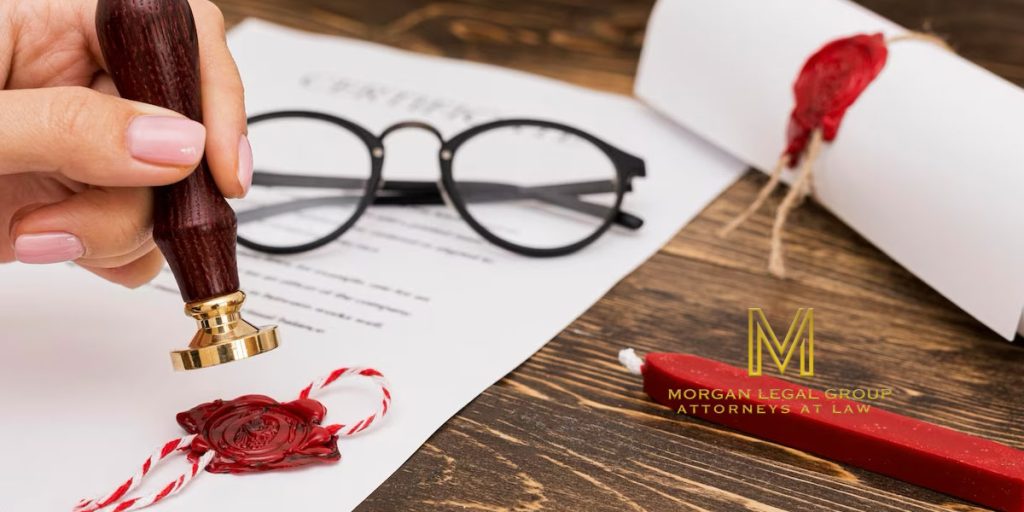Introduction
Probate is a legal process that can be time-consuming and costly. In New York, as in many other states, many individuals seek ways to avoid probate to simplify the transfer of assets after their passing. This guide will explore various strategies and techniques to help you avoid probate in New York, ensuring a smoother transition of your assets to your heirs and beneficiaries.
Understanding Probate in New York
Before diving into methods for avoiding probate, let’s clarify what probate entails in New York:
1. Probate Defined
Probate is the legal process through which a deceased person’s will is validated, and their assets are distributed to heirs and beneficiaries according to the terms of the will or New York’s intestacy laws if there’s no will.
2. Probate Costs
Probate can involve court fees, attorney fees, and other expenses, which can reduce the value of the estate left for beneficiaries.
3. Public Process
Probate is a public process, meaning that details about your estate, assets, and beneficiaries become part of the public record.
Strategies to Avoid Probate in New York
Now, let’s explore strategies to bypass or minimize probate in New York:
1. Create a Living Trust
A revocable living trust allows you to transfer your assets into the trust’s ownership during your lifetime. Since the trust is a separate legal entity, your assets avoid probate upon your passing. You can retain control over the trust during your lifetime and specify how assets should be distributed after your death.
2. Designate Beneficiaries
For assets like retirement accounts, life insurance policies, and certain bank accounts, you can name beneficiaries. Upon your death, these assets will pass directly to the named beneficiaries, bypassing probate.
3. Joint Ownership
Assets held in joint tenancy with rights of survivorship or as community property with your spouse will typically pass to the surviving joint owner without going through probate.
4. Payable-on-Death (POD) and Transfer-on-Death (TOD) Accounts
Some financial accounts, like bank accounts and brokerage accounts, allow you to designate beneficiaries using POD and TOD designations. When you pass away, the account assets are transferred directly to the named beneficiaries.
5. Small Estate Affidavit
If the total value of your estate is below a certain threshold (currently $50,000 in New York), your heirs may be able to use a small estate affidavit to claim the assets without probate. Consult with an attorney to determine if this option is available to you.
6. Lifetime Gifting
You can gift assets to your heirs during your lifetime. However, be mindful of the “5 or 5 Rule” for Medicaid eligibility, which may impose penalties for significant gifts made within five years of applying for Medicaid for long-term care.
7. Create a Valid Will
While a will does go through probate, having a legally valid will ensures that your assets are distributed according to your wishes. Work with an experienced estate planning attorney to draft a clear and comprehensive will.
Consult with an Estate Planning Attorney
Estate planning and probate laws can be complex, and their interpretation may vary based on individual circumstances. To navigate these matters effectively and choose the right strategies for your situation, it’s crucial to consult with an experienced estate planning attorney.
Conclusion
Avoiding probate in New York is possible through various strategies, from creating living trusts to designating beneficiaries. The best approach depends on your unique circumstances and goals. To ensure a smooth estate planning process and probate avoidance, seek professional legal guidance from Morgan Legal Group P.C., your trusted partner in New York City.




